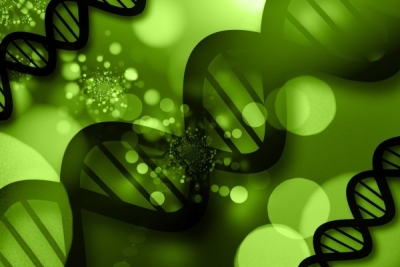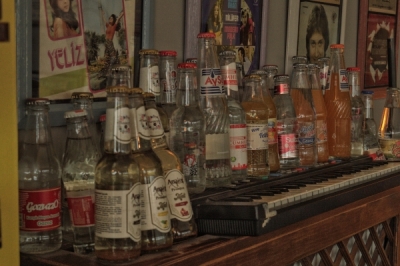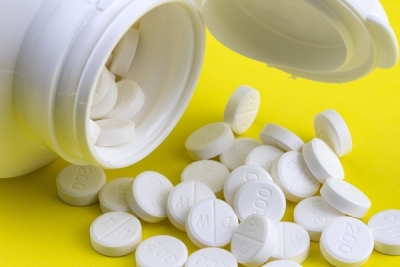Advances in the health area and the implementation of preventive measures for HIV infection (Human Immunodeficiency Virus) have reduced the detection of new cases of seropositive patients, but on the other hand, among people who are living with HIV, there has been an increase in the consumption of substances that cause addiction and impact on the social, economic and psychological life of this population [1].
From this perspective, studies have evaluated how alcohol consumption can influence the progression of HIV infection and patient survival. Research shows that the prevalence of alcohol use disorders among people living with HIV/AIDS reaches approximately 30%, with this prevalence being higher in men (26.90%) than in women (13.37%) [2], which confirms excessive alcohol consumption in this population, and is also associated with worse adherence to treatment, greater risk of developing liver problems and the adoption of risky sexual behaviors. These findings call attention especially because the available antiretrovirals (drugs for the treatment of virus infections) require a complex regimen of use and have important side effects.
A study carried out in Philadelphia in the early 2000s described how the association between alcohol consumption and the progression of HIV-related diseases and drug toxicity, as well as the degree of concern of health professionals, had some relationship with excessive alcohol consumption by their patients [3].
The investigated sample consisted of 881 US veterans with a positive diagnosis for HIV. Twenty-three percent of patients consumed alcohol in a harmful manner according to the AUDIT (alcohol abuse screening questionnaire) and 12.5% and 66.7% were, respectively, described by their health professionals as alcohol consumers in excess at present or at some point in life.
Results showed that participants who consumed harmful alcoholic beverages were more likely to have a detectable viral load (p < 0.001). As for health professionals, the authors concluded that they failed to identify the degree of severity of alcohol consumption in patients who had an undetectable viral load, patients without a diagnosis of hepatitis C, and patients without hematological alterations and with a CD4 cell count greater than 200/mL (lesser severity of HIV infection). With this, the researchers concluded that among seropositive veterans, harmful alcohol consumption was a common diagnosis and was associated with the development of complications resulting from HIV infection, liver comorbidities (coexistence of diseases) and anemia.
Another, more recent study, conducted in sub-Saharan Africa, also showed an association between alcohol use and non-adherence to ART (Antiretroviral Therapy). Individuals who consumed alcoholic beverages were twice as likely to not adhere to ART (34%) compared to those who did not drink alcohol (18%) [4].
It is notorious how much alcohol overloads (even more) the body of individuals who already go through a complex process of adverse effects arising from the use of antiretroviral drugs. In addition, the use of alcoholic beverages can directly affect the health of this group and indirectly influence other domains of quality of life that are essential for the continuity of treatment, such as mental and psychological well-being.











